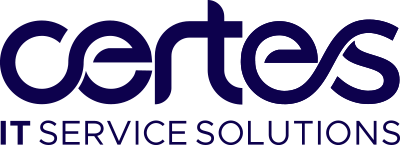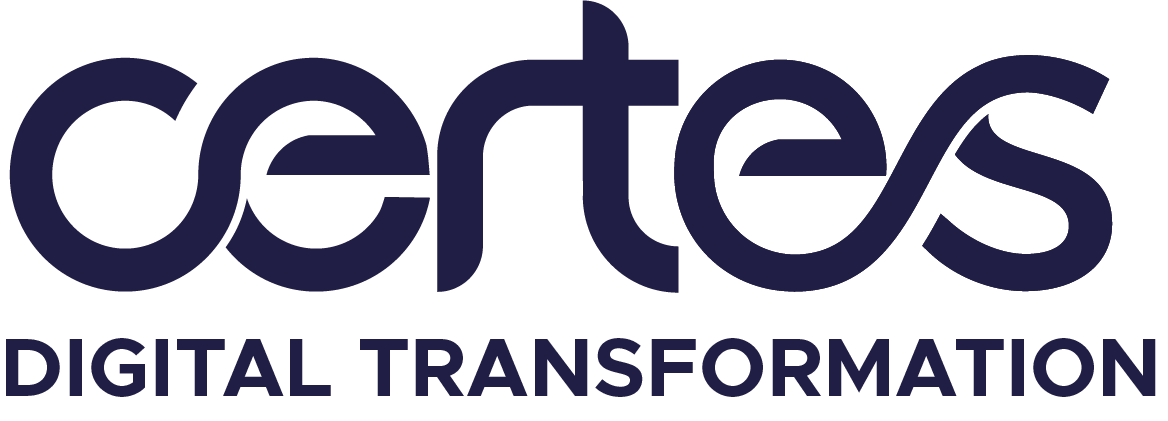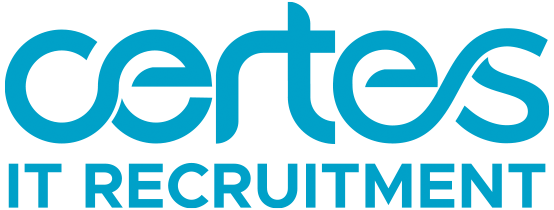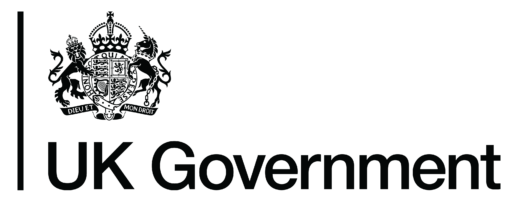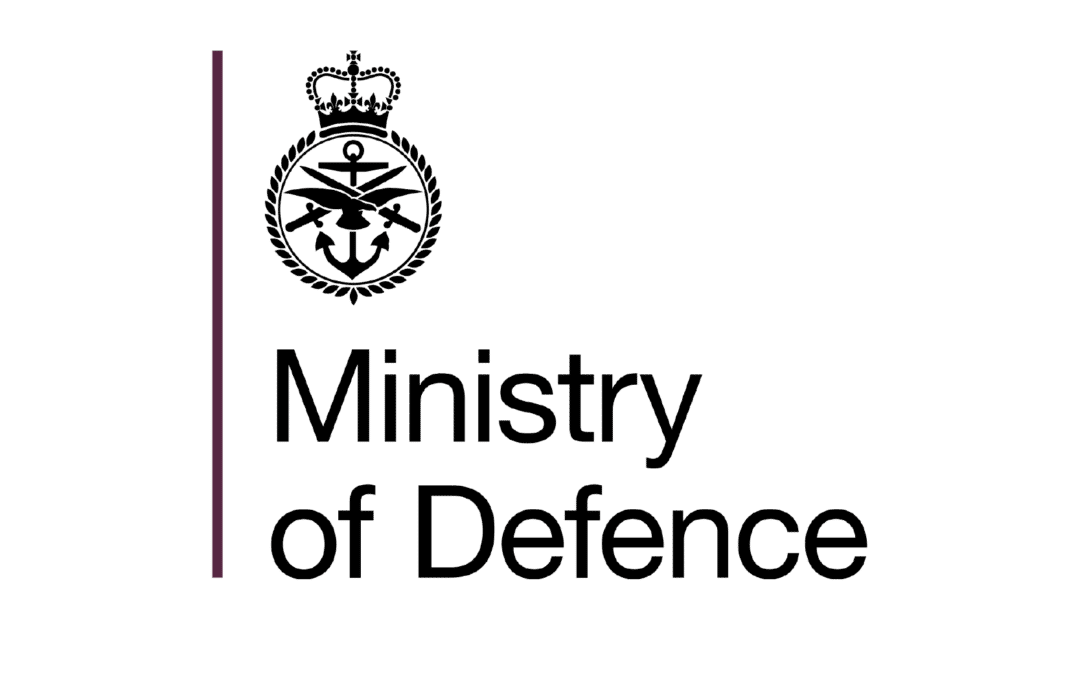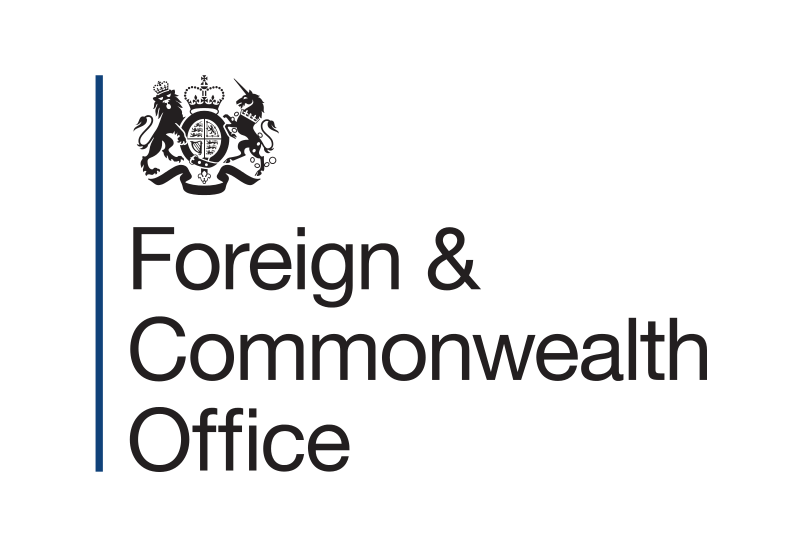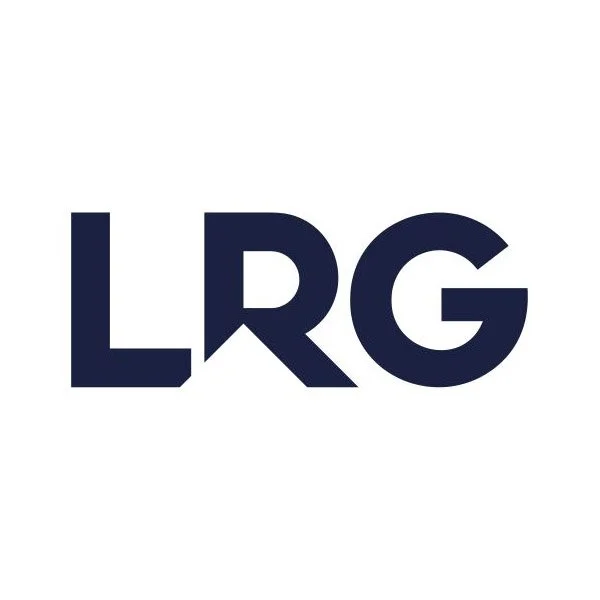
The Future of AI in HR: A Powerful Tool Awaiting Structure
AI is steadily weaving its way into the daily workflows of HR professionals—but widespread, structured adoption still lags behind. According to recent research from Brightmine, while over 66% of HR professionals report using AI tools in their everyday work (a 12% increase over the past year), just 3.6% of organisations have formally integrated Artificial Intelligence into their HR processes.
So what’s causing the delay?
A Gap Between Curiosity and Capability
The interest is clear—60% of HR professionals believe Artificial Intelligence could significantly enhance efficiency. Yet, many are hitting a wall when it comes to implementation. Time constraints, limited technical skills, and the absence of clear internal policies are major obstacles.
Despite growing use, only 32.1% of organisations have established formal policies to govern AI’s role in HR. Smaller businesses are even further behind: 60% of companies with fewer than 250 employees operate without any AI usage guidelines. Interestingly, every small business in that group reported a reduced HR workload thanks to AI—even without formal policy in place.
Larger Firms are Testing the Waters with AI in HR
Enterprise organisations are experimenting more actively—68% of large companies (1,000+ employees) have trialled Artificial Intelligence in their HR operations. Still, fewer than half have implemented policies to guide that usage. Nevertheless, 96.3% of these firms see AI’s core value as a time-saving tool.
It’s clear: businesses understand the potential. But what’s missing is the structure to scale.
Industry-Specific Adoption Trends
The study also found variation across sectors. Not-for-profits are more concerned about job security, with 40% expressing caution around AI. In contrast, 45% of public sector organisations reported no AI experimentation at all—compared to 35% in the non-profit space.
These differences highlight a larger issue: without clear strategies, AI adoption risks becoming fragmented and inconsistent.
The Path Forward: Training, Policy, and Support
As Sheila Attwood, Senior Content Manager for HR Data and Insights at Brightmine, put it:
“HR professionals are eager to use AI, but without the right skills and clear guidelines, there’s a risk of inconsistent use leading to poor decision-making and missed opportunities.”
She’s not alone. The report emphasizes that time and skills shortages are the real barriers—63% of HR professionals say they don’t have time to explore AI properly, and 61.7% lack the skills to use it effectively.
The solution? Organisations need to invest in training, internal support, and structured policies.
Turning AI into a HR Strategic Asset
At Certes, we help organisations move beyond experimentation. We believe in turning AI from a personal productivity tool into a strategic advantage—through structured implementation, employee education, and a governance-first approach.
Because while the excitement around AI is real, the success lies in doing it the right way.
